The Youth Governance and Policy Dialogue, organized by CYPA Africa, attracted young leaders to address critical issues like development, education, access to healthcare, standards of living, among other issues in Nigeria emphasizing the role of youth in driving societal change.
This interactive session held at the Advocacy Hub in Jos, Plateau State.
Mr. Godson Nwankwo, Programs and Policy Manager of CYPA Africa, facilitated the dialogue, emphasizing the importance of proactive engagement in societal change.

In his remarks, Mr. Godson stated, “Often, we shift responsibility to leaders, leaving our development in their hands, but true change begins with us. If we don’t want to see corruption, we must commit to not being corrupt ourselves. We are all leaders and must act accordingly.”
In the quest for Nigeria’s development, it is essential to identify and address the root causes of our nation’s challenges. Drawing from the insights of passionate citizens, several critical areas have emerged as focal points for transformation.
Miss Nafisa Abdulazeez of Get Them Young Initiative (GTYI) underscored the importance of personal development and integrity among youths, stating, “As youths, we need to equip ourselves so as to not compromise our stand. Only after this can we empower those around us.” Her statement impacted participants, emphasising the importance of self-empowerment in effective leadership and inspiring others.

Miss Abdulazeez stressed the need for intentional and deliberate efforts in empowering women and addressing systemic issues, urging everyone to take personal responsibility and act on the changes they wish to see in society.
During the dialogue session, Mr. Younglan Yalyoung emphasizes that as a people “We need to have a common and well-defined goal that every Nigerian can effectively latch on to and play a role at an individual level,” Achieving national progress hinges on unity and a shared vision, where each citizen understands their part in the collective mission.

Mr Yalyoung added that This common goal should inspire and mobilize everyone, from policymakers to grassroots activists, ensuring that every effort contributes to a coherent and impactful national agenda. By fostering a sense of collective responsibility and purpose, we can harness the diverse talents and resources of our people to drive sustainable development and lasting change.
“We easily get distracted as a nation and our politicians know this. It’s why they don’t respond to public calls for accountability. They know that after a short while, we will get distracted by something else and forget our initial cause,” Mr. Madu Samuel Ebuka said.

This recurring pattern of brief outrage and diverted attention weakens the search for meaningful accountability and transformation. Politicians take advantage of the public’s short attention span, knowing that scrutiny will subside.
Breaking this cycle requires sustained civic engagement and a persistent demand for transparency, ensuring that issues remain at the forefront of national consciousness until real change is achieved.
Mr. Emmanuel Ekoma outlines a clear and structured pathway to change through the acronym DANCE, emphasizing a holistic approach to addressing societal issues. The first step, “D” for Discover, involves identifying and understanding the solutions to existing problems. This requires thorough research, critical analysis, and a commitment to uncovering root causes rather than merely addressing symptoms. Following this, “A” for Adeptness in Changemaking highlights the importance of building skills and expertise in driving change. This involves equipping individuals and communities with the knowledge and tools necessary to implement effective and sustainable solutions.

The next step, “N” for Networking and Collaboration, underscores the power of collective action. By forging strong partnerships and fostering cooperation across different sectors, individuals and organizations can pool resources and share expertise to amplify their impact. “C” for Creativity and Innovation encourages thinking outside the box and developing novel approaches to problem-solving. Finally, “E” for Experimentation of Ideas emphasizes the need for a willingness to test and refine new concepts.
By embracing a mindset of continuous learning and improvement, we can adapt and evolve our strategies to better address the complex challenges we face. Together, these elements of DANCE provide a comprehensive framework for achieving meaningful and lasting change.

Furthermore, Engaging with the media, breaking the culture of silence, promoting skill-oriented education, promoting collaborative learning, changing the competitive mindset, addressing the colonial impact, and achieving independence are essential steps to drive change. By writing articles and sending them to newspapers, can raise awareness and drive change.
Challenge the culture of silence by demanding accountability from leaders and creating a sense of urgency. Implementing policies and promoting skill-oriented education align with global trends and the Sustainable Development Goals will enhance employability and entrepreneurship among graduates.

Fostering a collaborative environment and shifting from a competitive mindset to a collaborative mindset can lead to greater success and innovation. Addressing the colonial impact and promoting independence and self-sufficiency in critical sectors are also crucial.

These solutions require a collective effort from all Nigerians. By addressing these issues head-on and implementing these strategies, we can pave the way for a brighter and more prosperous future for our nation.
Ambassador Chris Iyama, the Executive Director for CYPA Africa, commended the young leaders for driving change. He emphasized the importance of taking conversations beyond the boardroom and into communities to enact real change. “We need to engage our families, schools, and associations,” he stated. “Real change happens through the actions we take following these discussions.”

He also highlighted the critical role of young people in addressing solvable challenges within the governance system. “Young people like us must continue the Youth Governance and Policy Dialogue series to turn conversations into actionable policies,” he urged. “Let’s ensure our discussions lead to concrete steps towards improving our governance systems.”

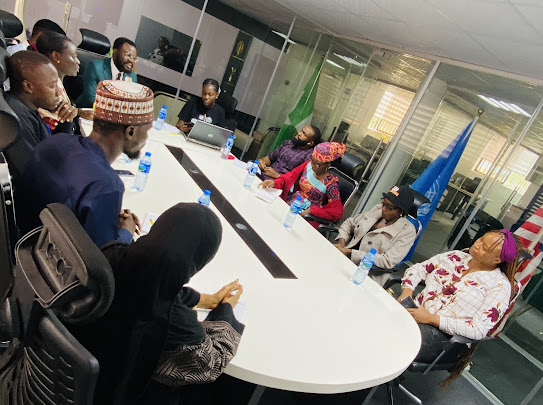

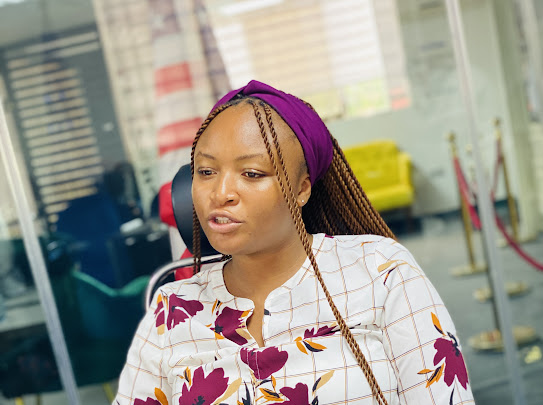


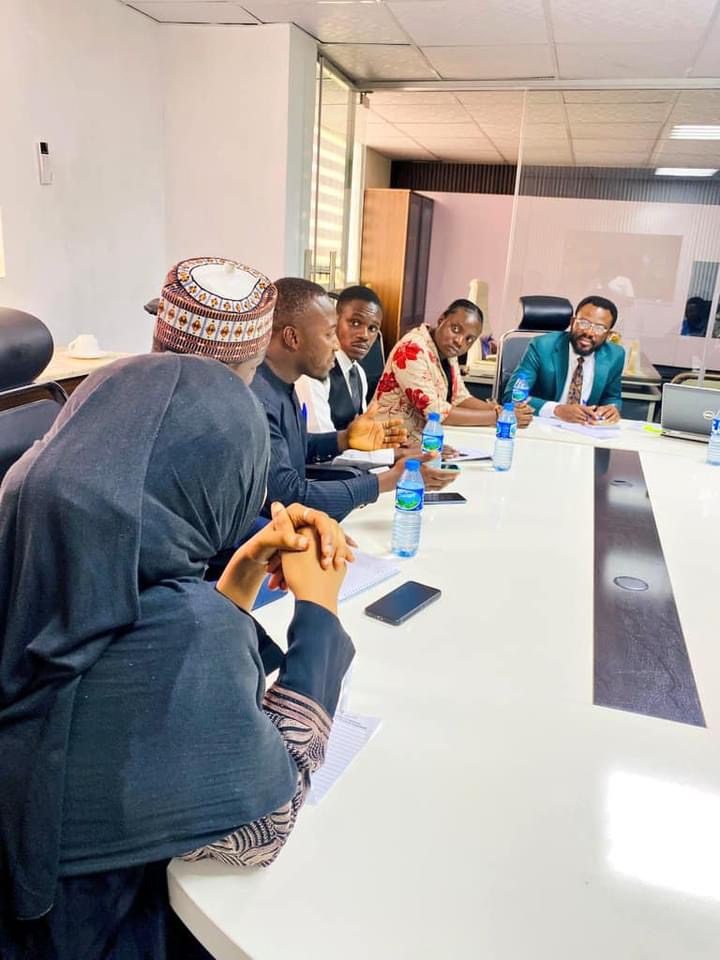
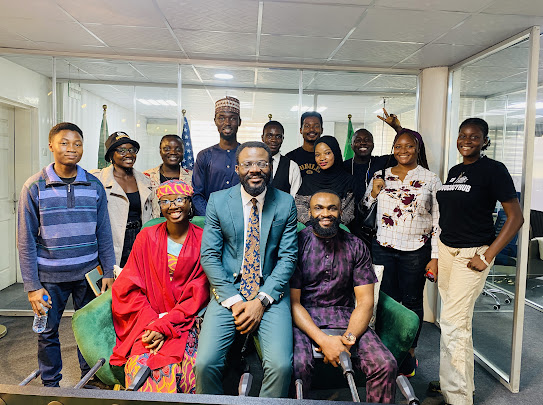

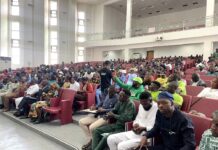

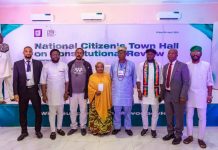



We are the best people on earth